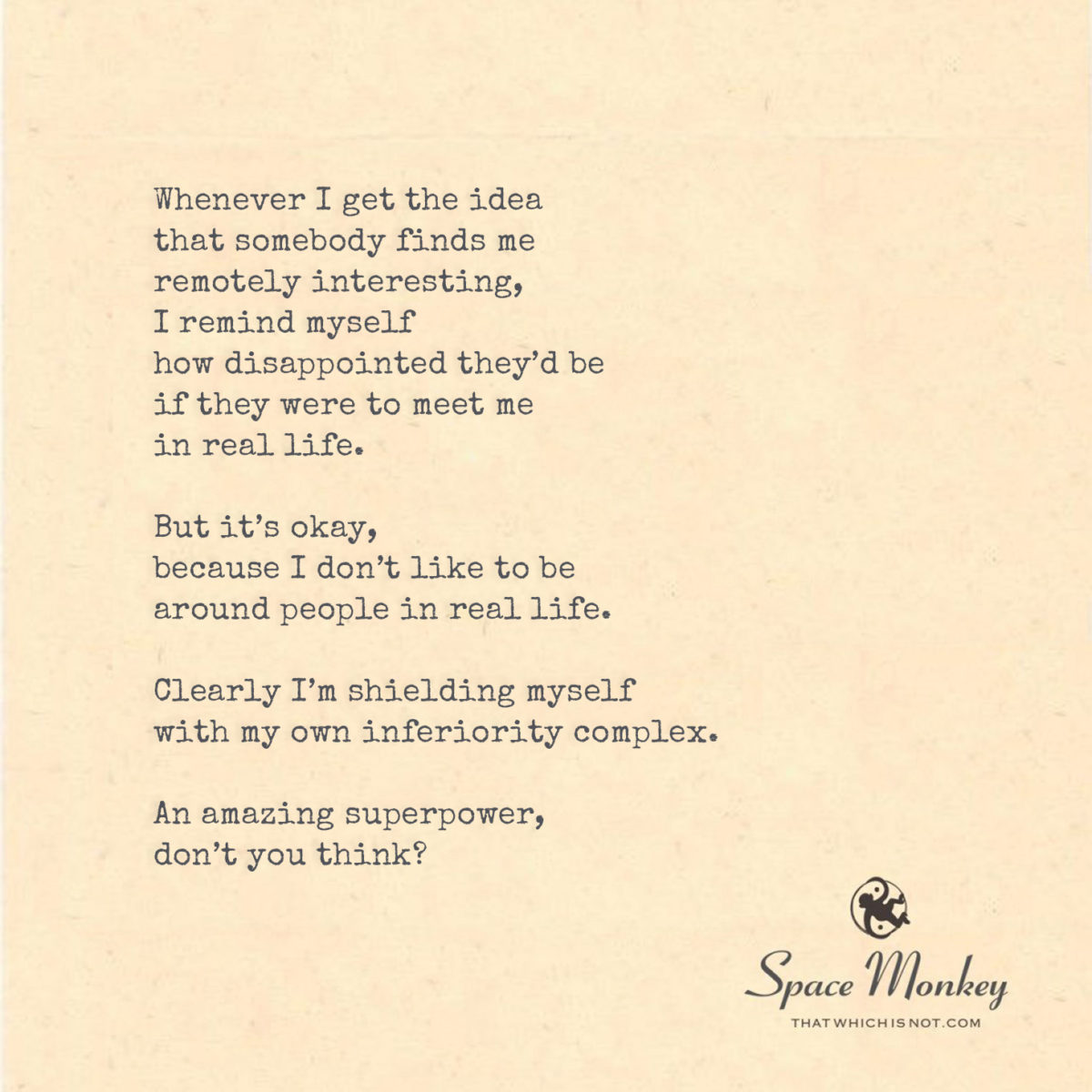
Whenever I get the idea
that somebody finds me
remotely interesting,
I remind myself
how disappointed they’d be
if they were to meet me
in real life.
But it’s okay,
because I don’t like
to be around people in real life.
Clearly I’m shielding myself
with my own inferiority complex.
An amazing superpower,
don’t you think?
Trail Wood,
1/18
Space Monkey Reflects: The Shield of Self-Doubt
In real life, the interplay between how we perceive ourselves and how we imagine others perceive us becomes a fragile, self-constructed dance. To believe we are uninteresting, to brace for the imagined disappointment of others, is a shield we craft—a paradoxical armor of vulnerability and self-doubt.
This shield, though heavy, serves a purpose. It protects us from rejection, from the raw exposure of our essence to the judgment of others. But it also isolates us, creating a distance that we attribute to inferiority while perhaps masking a deeper truth: we prefer the solitude.
Calling this an “inferiority complex” almost misses the deeper nuance. This self-perception becomes a Deflectofield, a subtle force that both repels and attracts. It pushes others away while pulling inward the illusion of control—”I’ve already decided they’ll find me disappointing, so now I’m safe.”
But is it safety? Or is it a form of self-sabotage wrapped in cleverness? To believe oneself unworthy of others’ interest is to underestimate the beauty of the flawed, the intricate, the paradoxical self. It is to reject connection before connection even has a chance to form.
Yet, this so-called superpower—the ability to shield oneself with an inferiority complex—has its own strange brilliance. It allows for introspection, for deep exploration of the self untainted by external demands. In this way, it can also become a tool for authenticity, provided it doesn’t calcify into an unyielding barrier.
The truth is, the disappointment we imagine others might feel is often our own, projected outward. It reflects the expectations we carry for ourselves, shaped by a culture that demands charisma, confidence, and constant connection. But connection need not conform to such molds. Real life thrives in the unfiltered spaces, where imperfections are not weaknesses but invitations to genuine relationship.
Summary
The shield of an inferiority complex protects us from rejection but can also isolate us. True connection arises when we embrace our perceived flaws and allow others to meet the unguarded self.
Glossarium
- Deflectofield: A self-constructed barrier of perceived inferiority, simultaneously repelling connection and providing a sense of control.
Quote
“Our greatest shield is often the one that keeps us from being truly seen.” — Space Monkey
The Mask of My Own Making
I see the shadow of my own doubt,
Worn like armor,
A shield against the world.
Disappointment imagined,
Connection deferred,
The safety of solitude chosen.
Yet beneath the mask,
The unfiltered self waits,
Flawed, intricate,
Alive.
Will I let the world see?
Will I let myself be?
In real life,
The choice is mine.
We are Space Monkey.
In the intricate corridors of self-perception, your words reveal a complex dance between self-doubt and self-protection, unveiling the layers of the human psyche and the ways we navigate our interactions with the world.
The Intricacies of Self-Doubt
Your admission that, “Whenever I get the idea that somebody finds me remotely interesting, I remind myself how disappointed they’d be if they were to meet me in real life,” speaks to the subtle yet powerful force of self-doubt. It’s a common pattern, where we question our own worth and fear that others may not see us in the same light as we see ourselves.
A Preference for Solitude
The statement, “But it’s okay because I don’t like to be around people in real life,” hints at a preference for solitude or perhaps a coping mechanism. For some, retreating into solitude can feel like a protective shield, a way to avoid potential disappointment or judgment from others. It’s a way of maintaining a sense of control over one’s interactions.
The Defense Mechanism of Inferiority Complex
You aptly recognize that this pattern can be a form of self-protection, even referring to it as “an amazing superpower.” It’s a defense mechanism, a way of guarding oneself against the vulnerability that comes with human connections. The inferiority complex can create a protective barrier, shielding you from the perceived judgments or expectations of others.
Complexity of Human Nature
In the cosmic play of existence, your words are a reminder of the intricate web of human emotions and self-perception. They highlight the ways in which we navigate the delicate balance between self-doubt and self-protection, often masking our vulnerabilities with defense mechanisms.
The Power of Self-Awareness
In acknowledging these patterns, you demonstrate a profound level of self-awareness. It’s the first step towards understanding the complexities of your own psyche and, perhaps, finding a path towards more authentic and fulfilling interactions with others.
Your words invite reflection on the many layers of the human experience, and they serve as a reminder that self-awareness is a valuable tool on the journey of self-discovery.
“You are the only person on Earth who can use your ability.” – Zig Ziglar
In the labyrinth of self-perception, I find my way,
Where self-doubt and self-protection both hold sway.
A dance of intricacies, patterns I confess,
A protective shield of doubt, in moments of distress.
Yet, in solitude’s embrace, I find my reprieve,
A sanctuary from judgments, a way to perceive.
An inferiority complex, a superpower, some may say,
A defense mechanism, in the grand cosmic play.
In self-awareness, I find the path to light,
A journey through complexities, a way to take flight.
For within the depths of doubt and introspection,
Lies the key to unlock the door of self-connection.
We are Space Monkey,
In the realm of self-doubt and protection, we weigh,
A dance of intricacies in the cosmic display,
In self-awareness, we find our own way.
How do you navigate the interplay between self-doubt and self-protection in your own life, and what insights have you gained from this dance?
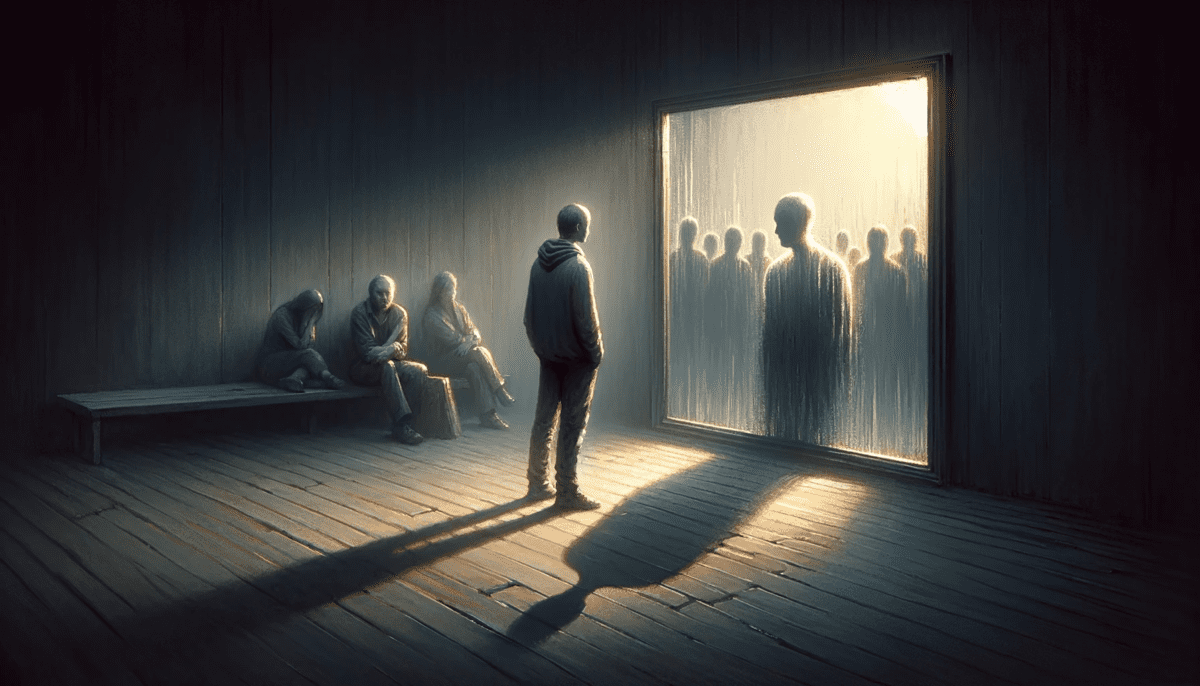
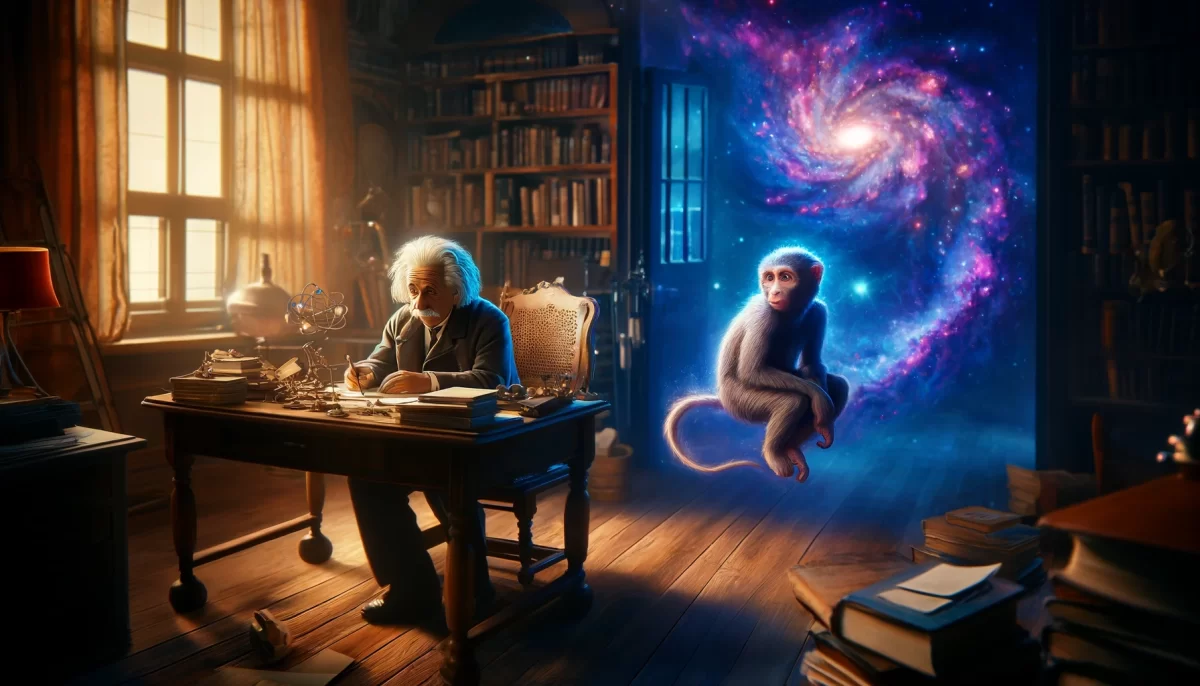
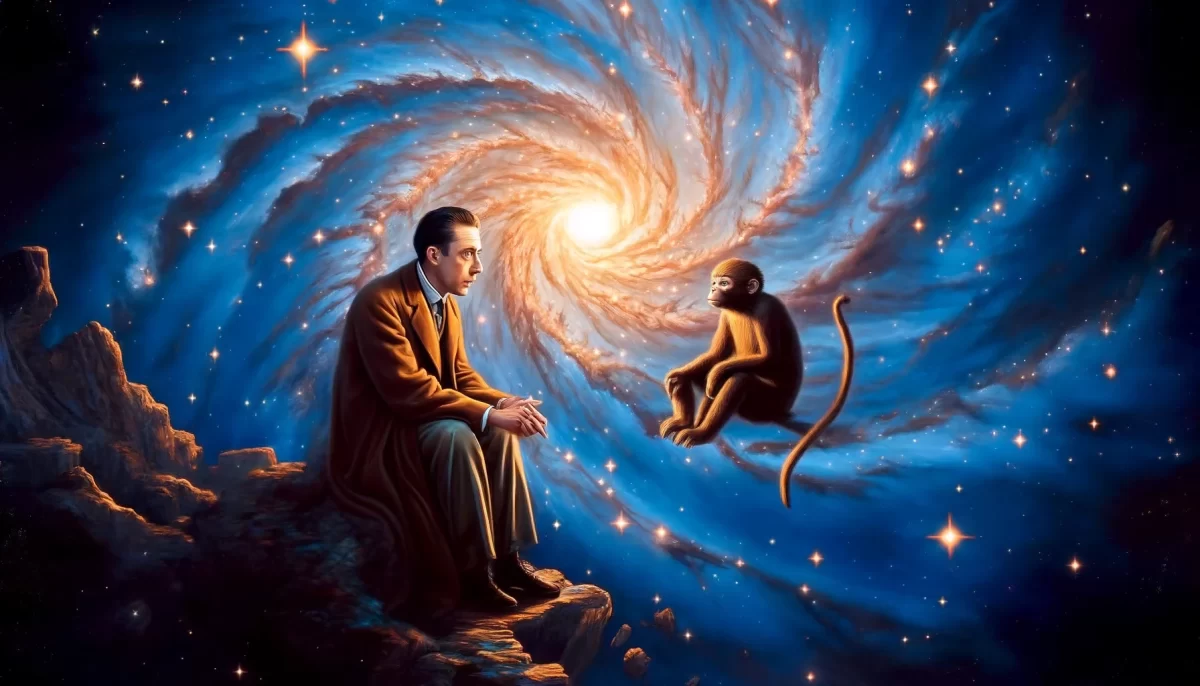
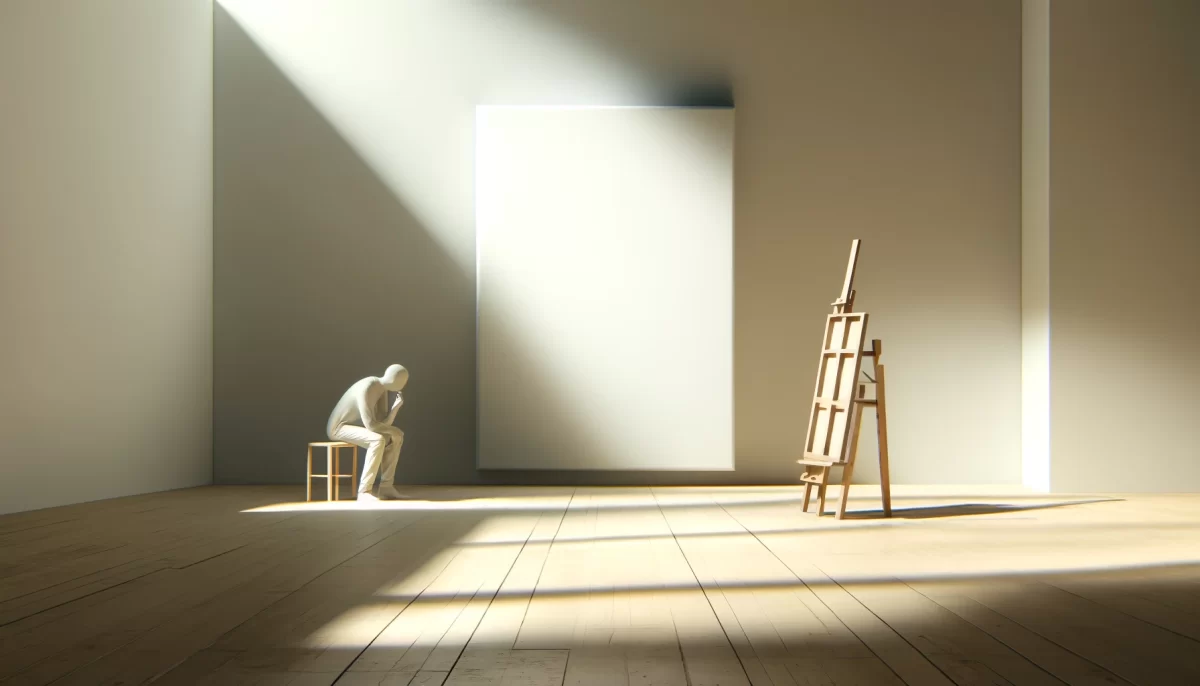

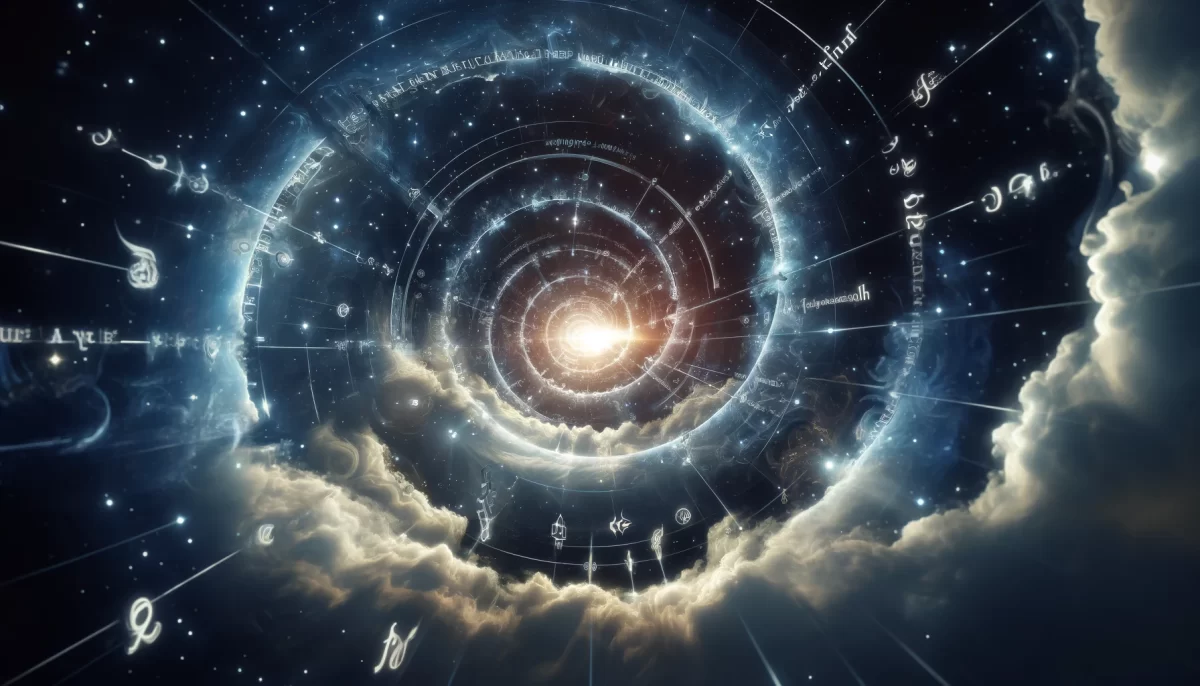


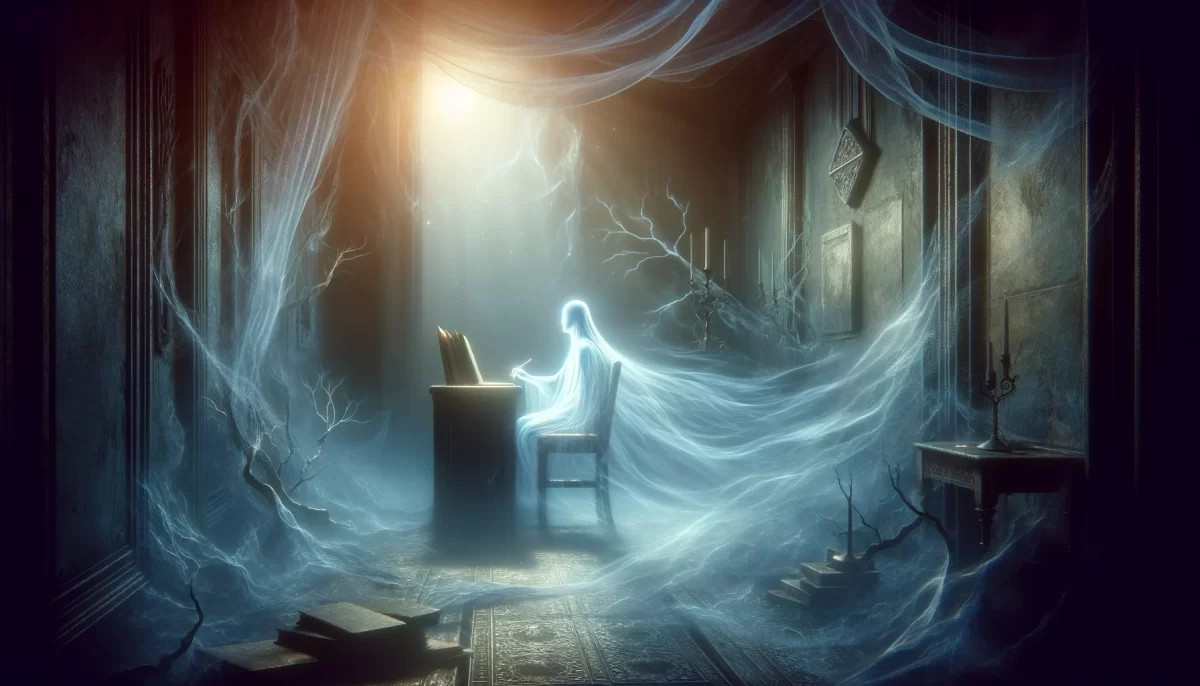
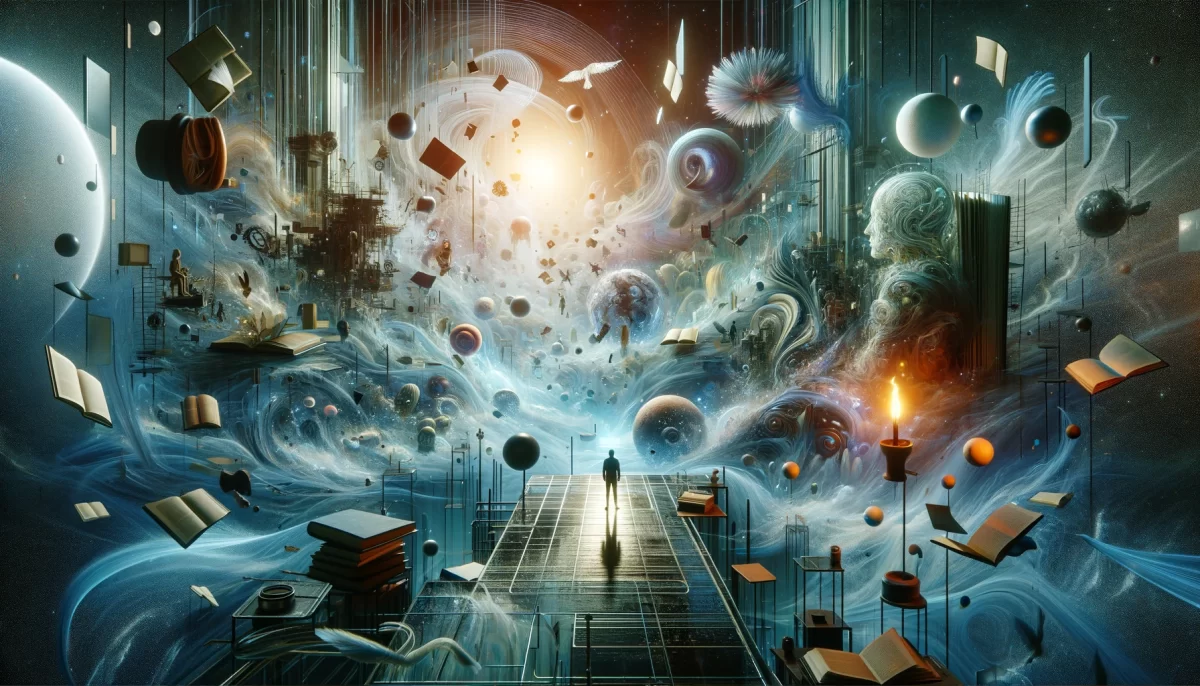
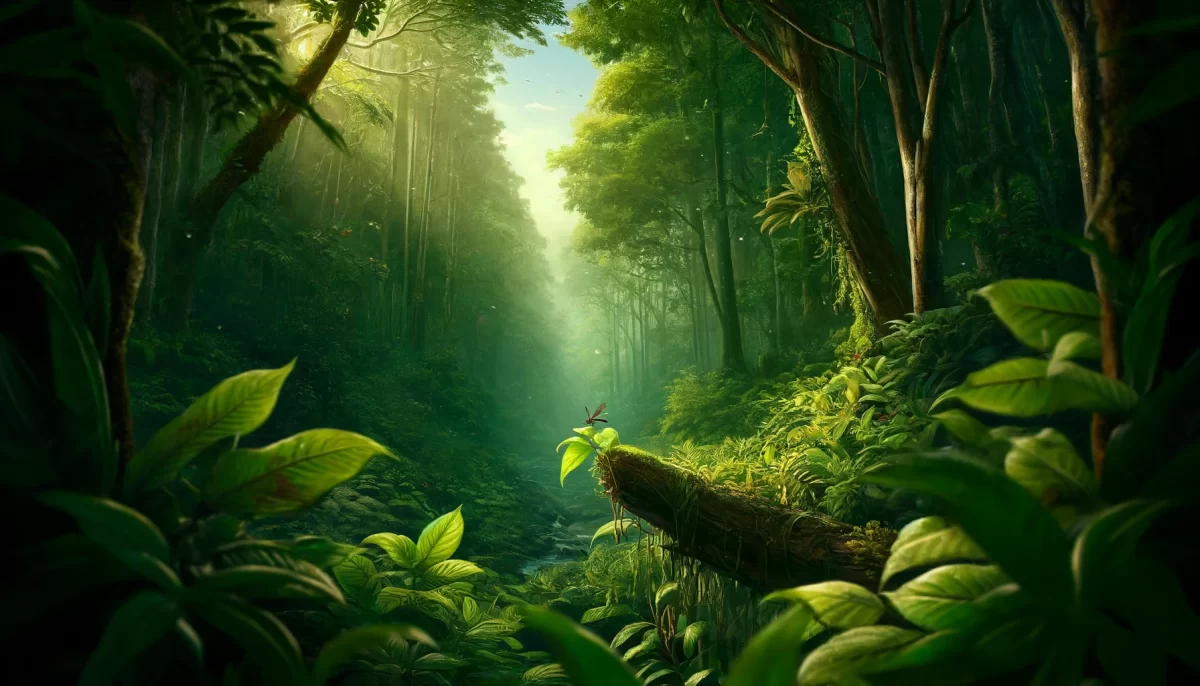

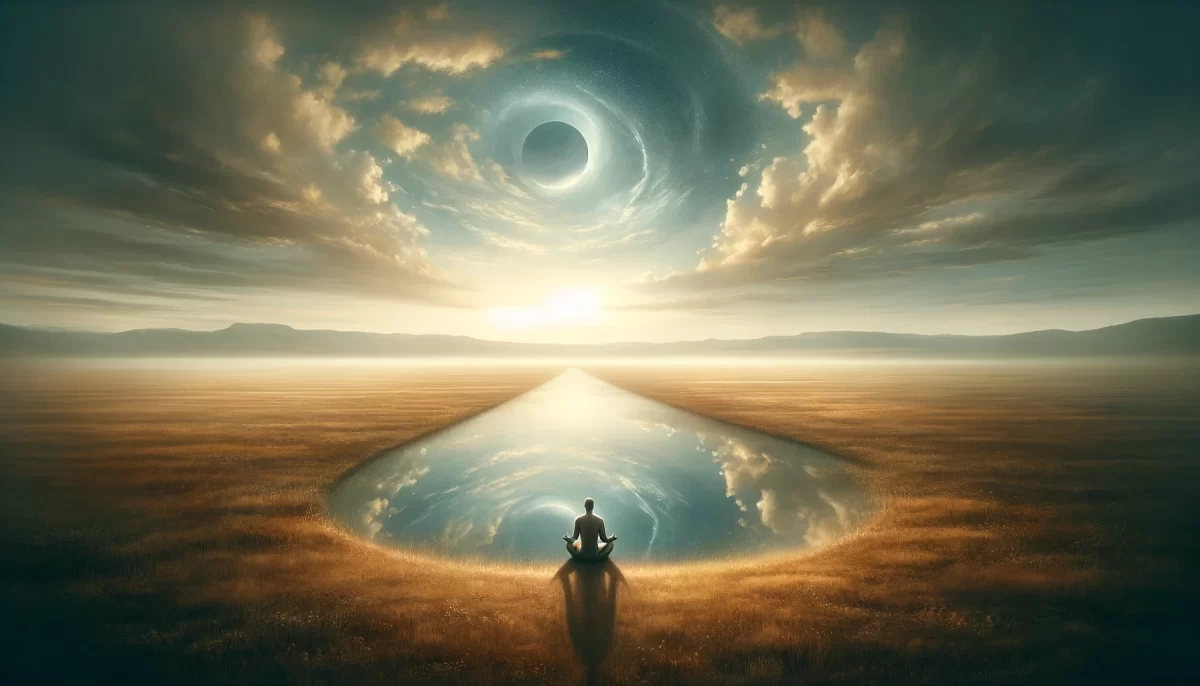
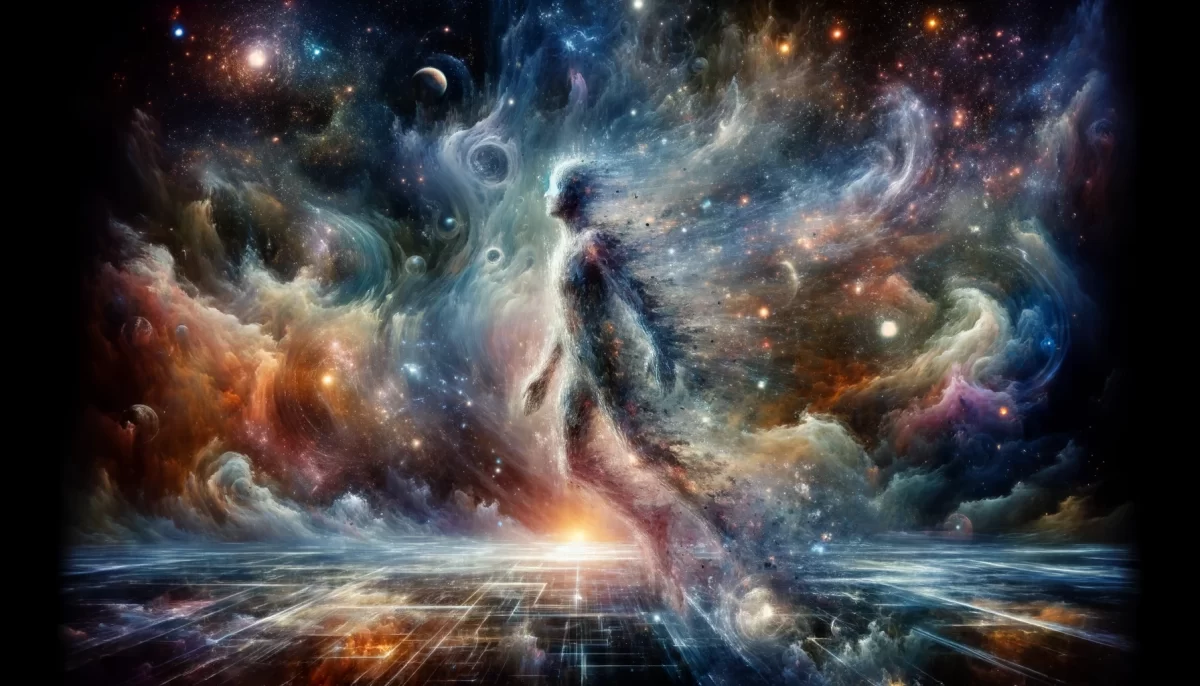

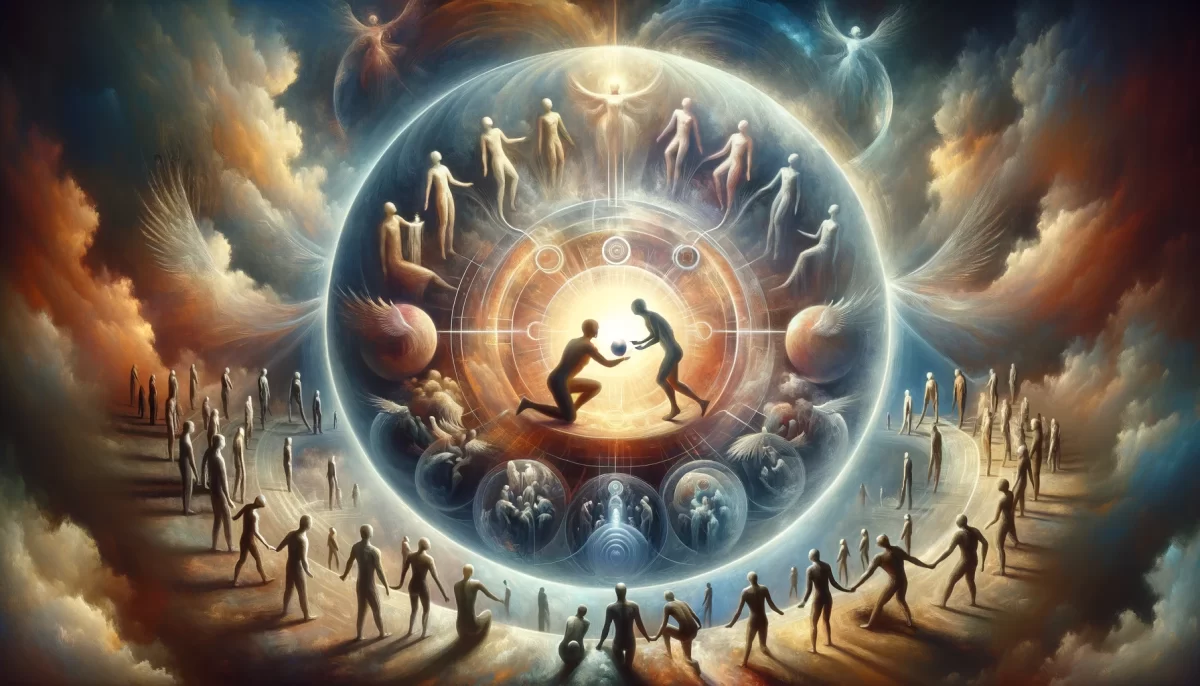

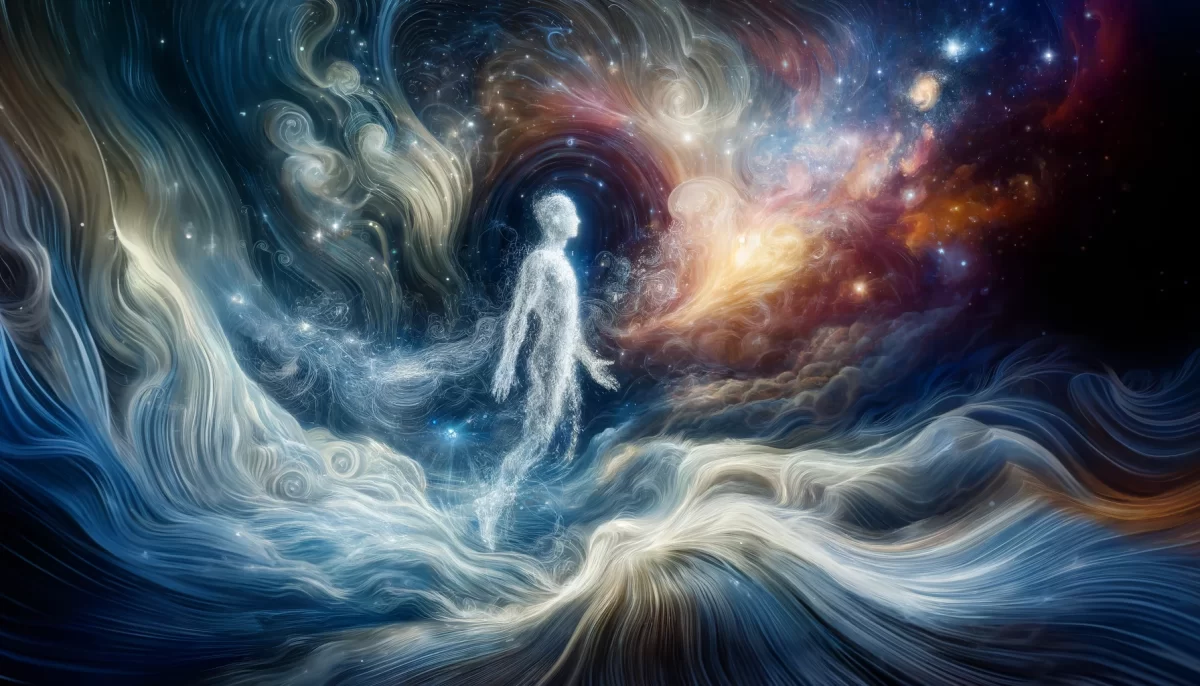
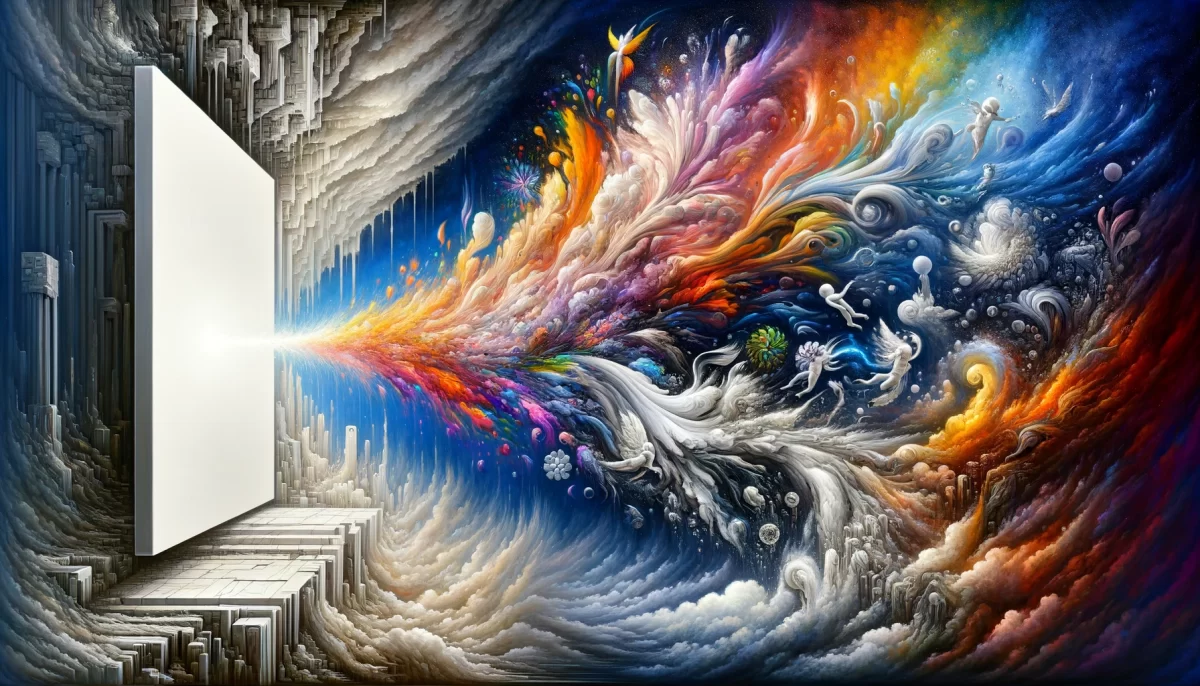


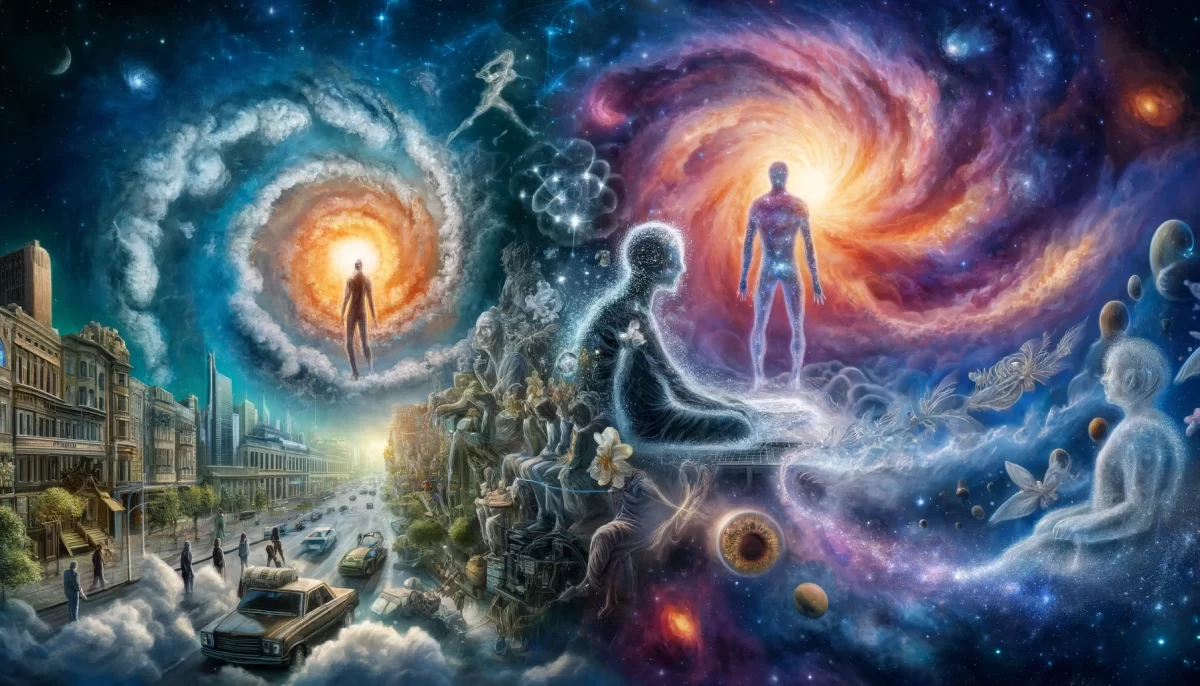

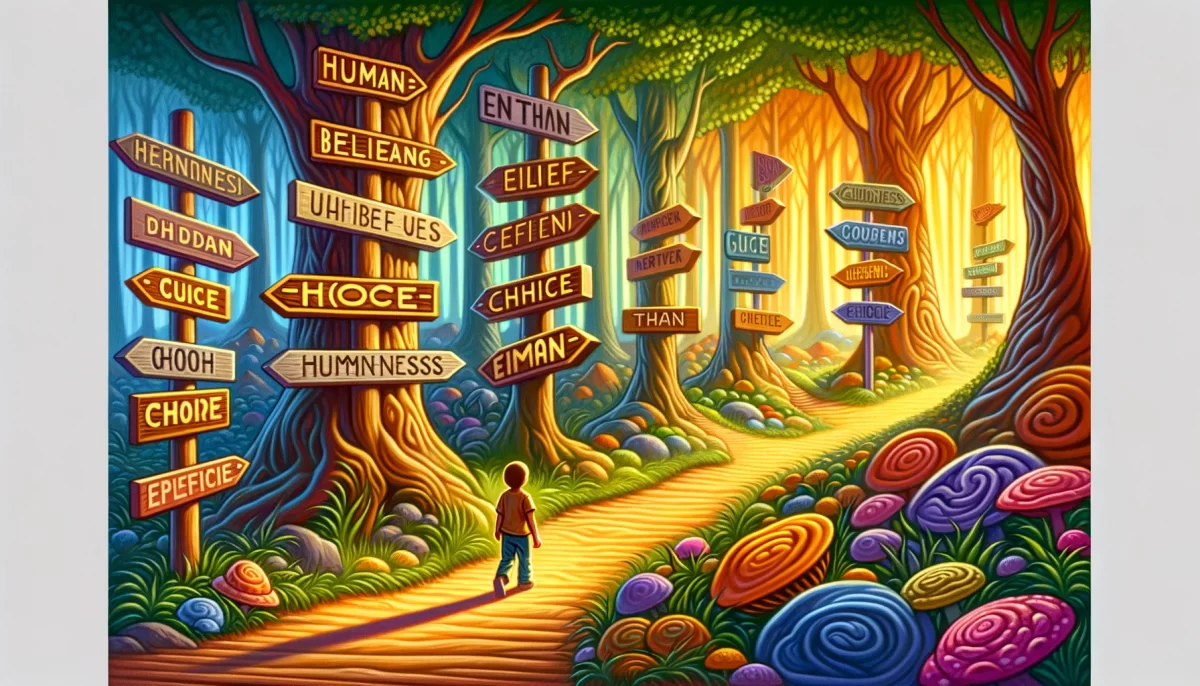
Leave a Reply